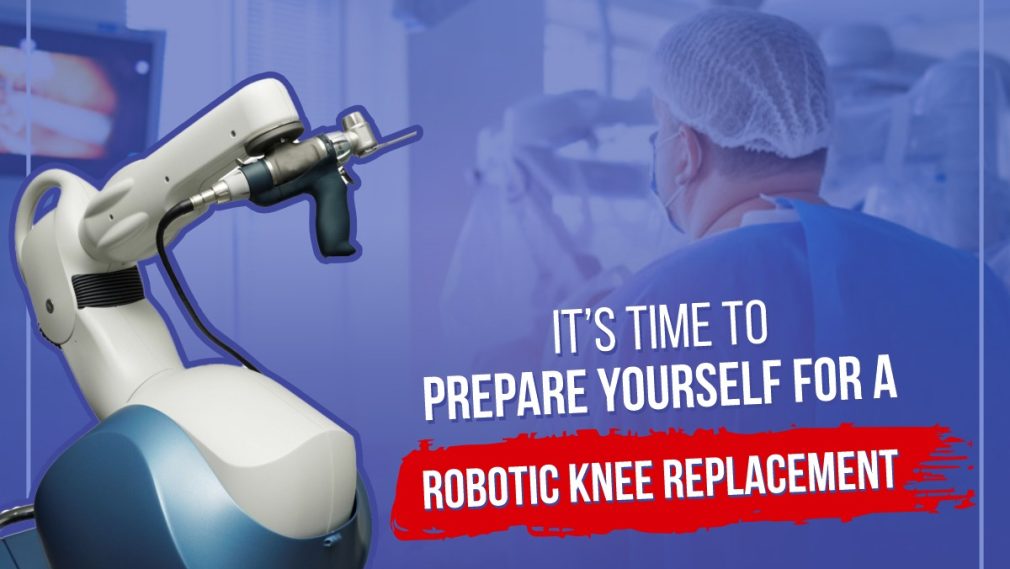Busting the Myths & Facts: A Comprehensive Guide to Knee Replacement Surgery

Are you struggling with chronic knee pain, stiffness, and limited mobility due to arthritis or injury? Have you considered some facts about knee replacement surgery as an ultimate solution, but have come across conflicting information online? Yes, the abundance of myths and misconceptions about knee replacement can make it difficult to know what to believe, and whether this surgery is right for you.
Knee replacement surgery, also known as total knee arthroplasty, is a highly successful procedure that can improve the quality of life for those suffering from severe arthritis or injury. However, with any surgery, there are risks and recovery involved, and it’s important to have accurate information to make an informed decision. In this article, we will separate fact from fiction by exploring some of the most common knee replacement facts and myths. By understanding the actual facts about knee replacement surgery, you’ll be able to make a decision that is right for you and your lifestyle.
Top Knee Replacement Facts And Myths that you must be aware of:

Myth 1: I won’t be able to bend my knee properly post-surgery
Fact: This is not true. After a knee replacement surgery, patients are able to bend their knees to around 120 degrees, which is more than enough for daily activities such as sitting and standing.
Myth 2: Knee replacement surgery is typically recommended for adults, not children
Fact: Knee replacement surgery can be performed on patients of all ages, including children. However, it is usually only recommended for those with severe arthritis or injury.
Myth 3: Inserting foreign metal in my body will cause various side effects
Fact: While there may be some side effects, such as infection or blood clots, these are rare and can be easily treated. Additionally, many total knee replacements are now made with biocompatible materials that reduce the risk of side effects.
Myth 4: Knee replacement surgery involves a high risk of failure
Fact: The success rate of knee replacement surgery is actually quite high, with most patients experiencing a significant improvement in their knee function.
Myth 5: I cannot drive immediately after knee replacement surgery
Fact: Most patients are able to drive again within 2-6 weeks after their surgery.
Myth 6: Total Knee replacement lasts for 10 years only
Fact: While the lifespan of a knee replacement can vary, many last 15-20 years or more.
Myth 7: I am too old for total knee replacement
Fact: There is no absolute age restriction – one of the ultimate facts about knee replacement surgery. It is recommended for those with severe arthritis or injury, regardless of age.
When considering knee replacement surgery, it is important to have accurate information about the procedure. Now that we have separated knee replacement facts and myths, let’s take a look at some more reality checks and study some deeper facts about knee replacement surgery.
Total Knee Replacement Facts For A Better Lifestyle At Any Age

To help clarify the finer facts in a better manner, we are enlisting some 7 Key Facts in mind, while you are considering a knee replacement surgery:
Fact 1: The success rate of knee replacement surgery is quite high
Studies have shown that knee replacement surgery can significantly improve the quality of life for those suffering from arthritis or injury. The success rate of knee replacement surgery is around 90-95%.
Fact 2: Age is not a determining factor when it comes to undergoing knee replacement surgery
The procedure can be performed on patients of all ages, however, it is usually recommended for those with severe arthritis or injury. Age should not be a determining factor in whether or not to undergo knee replacement surgery.
Fact 3: Proper preparation can make the knee replacement process smoother
Preparing for surgery, both physically and mentally, can help to reduce the risk of complications and speed up recovery. This may include exercises, physical therapy, and nutrition planning.
Fact 4: Some knee replacements are minimally invasive
Minimally invasive knee replacement surgery uses smaller incisions and specialized instruments to minimize tissue damage, resulting in less pain, bleeding, and scarring.
Fact 5: Recovery from knee replacement may take time
The recovery process for knee replacement surgery can take several months, but the majority of patients experience a significant improvement in their knee function.
Fact 6: Walking is crucial for knee replacement recovery.
Walking is one of the best ways to help regain strength and mobility in the knee after surgery. Physical therapy and exercises will also be prescribed to help speed up the recovery process.
Fact 7: Knee replacement is typically covered by most health insurance plans
Knee replacement surgery is considered a medical necessity and is typically covered by most health insurance plans, however, it is advisable to check with your insurance provider before the surgery.
In conclusion, the above facts about knee replacement surgery prove that it can be a highly successful option for those with severe arthritis or injury. It is important to separate total knee replacement facts from their myths while considering this surgery. And for that, you must also consult a medical professional for personalized guidance. By having a clear understanding of the facts, you’ll be able to make an informed decision about whether total knee replacement surgery is right for you and your lifestyle or not.
For those who do choose to undergo the surgery, the benefits of improved mobility and reduced knee pain can be life-changing. Remember to prepare for the surgery, both physically and mentally, and to work closely with your healthcare team throughout the recovery process. With the right preparation and support, knee replacement surgery can be a successful and rewarding experience.






